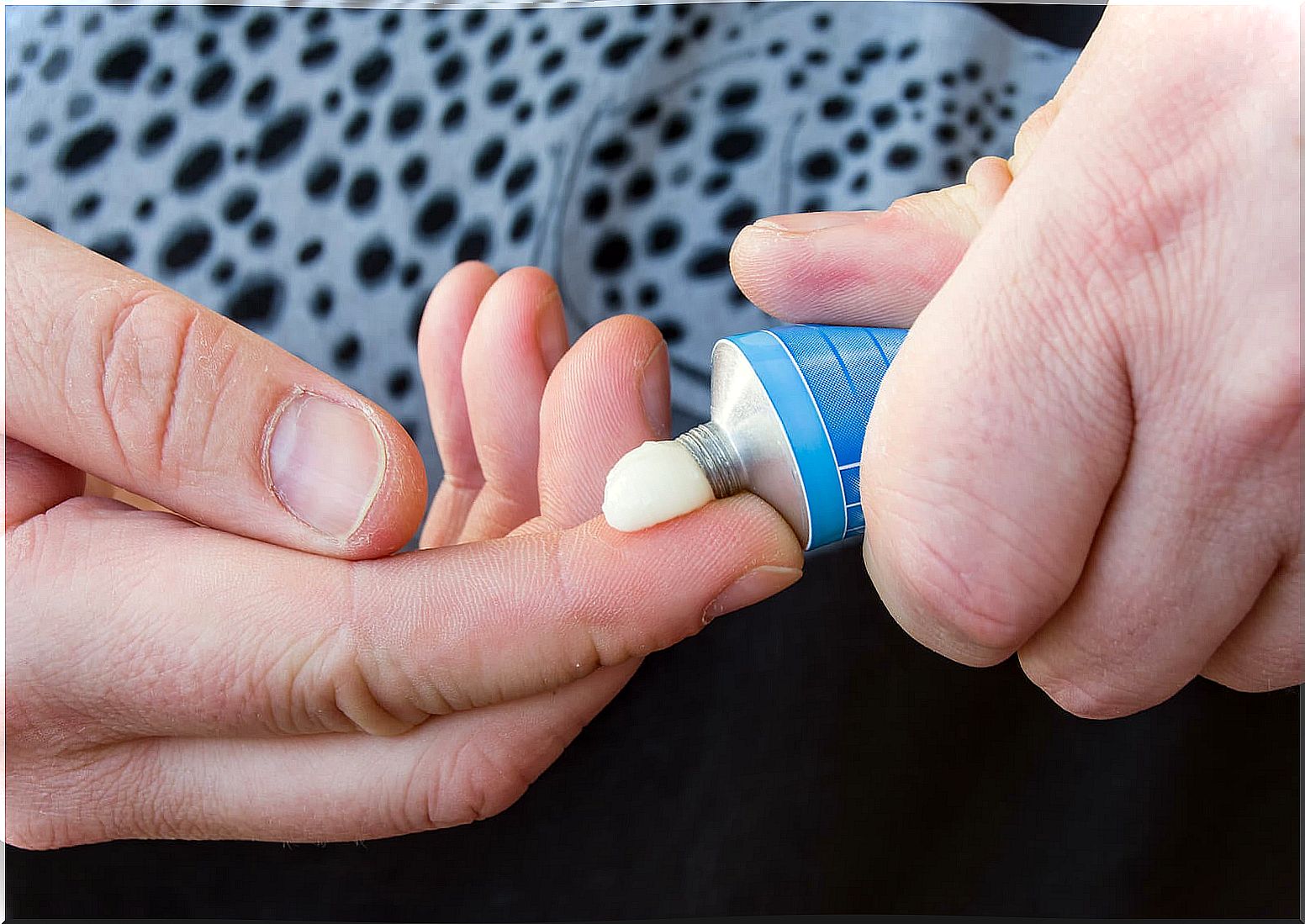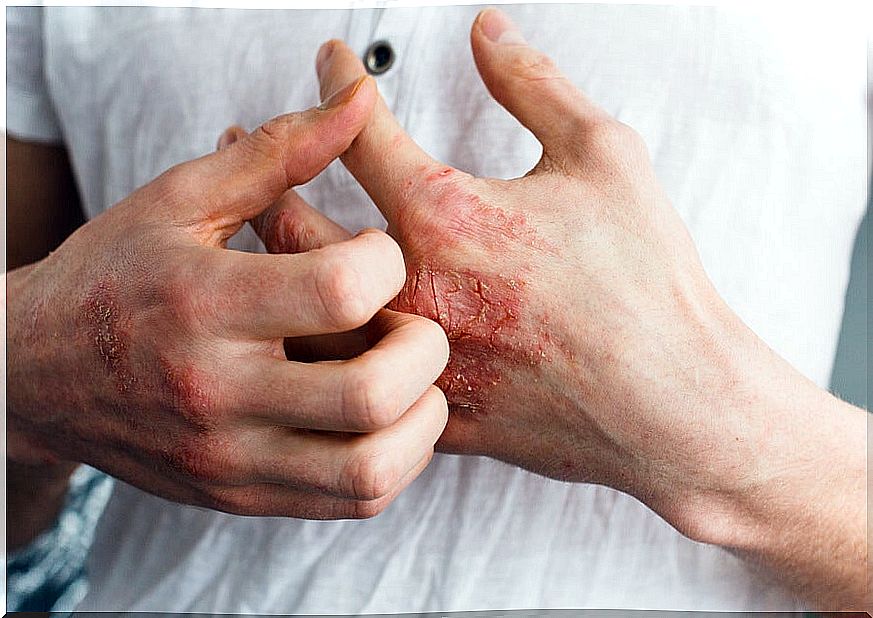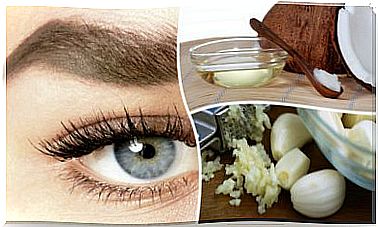Diproderm: Uses And Side Effects
Diproderm is the trademark of the active principle betamethasone dipropionate, used for the local treatment of inflammatory manifestations that occur with itching of the skin.
Therefore, it is a drug that belongs to the family of corticosteroids and is administered topically. It is used, in short, for the treatment of:
- Allergic contact dermatitis : acute forms of allergy to a substance that has come into contact with the skin.
- Allergic reactions to commonly used substances, as occurs in irritant contact dermatitis.
- Dyshidrotic nummular eczema.
- Other types of dermatitis such as atopic, neurodermatitis, seborrheic or stasis.
Diproderm is indicated to treat all these skin diseases in adults and children over 12 years of age.
What is Betamethasone Dipropionate or Diproderm?

As we have said, Diproderm is the brand name for betamethasone. This active principle is a steroid from the group of corticosteroids that is used in medicine for its immunosuppressive and anti-inflammatory properties.
It has a distinct advantage over other corticosteroid medications: betamethasone does not cause water retention.
It is administered in different pharmaceutical forms, but in the case of Diproderm, it has been marketed in the form of a cream for topical administration, in order to alleviate the following skin symptoms, as we have seen:
- Itch.
- Redness
- Inflammation.
Dermatitis basics
Dermatitis is one of the most common skin conditions in the general population. This term is classified into different categories and, normally, it is not easy to identify at first glance the type of dermatitis that a patient suffers.
Depending on the factors, causes and symptoms, one dermatitis or another can be diagnosed. In this sense, the treatment will not be the same for each one. Among the most common dermatitis we can mention :
- Atopic dermatitis : it is a chronic condition. It usually occurs during childhood with very dry and itchy skin. Where it sprouts most is in the joints, buttocks and cheeks.
- Contact dermatitis : it tends to affect adults more. It appears due to a reaction suffered by the skin when it has been in contact with an irritating substance.
- Seborrheic dermatitis : the areas that are most affected are those that contain more oil, such as the scalp, face or inside the ear.
- Stasis dermatitis : This is a skin change that occurs when blood collects in the veins of the lower leg. It is usually the cause of poor circulation.
- Nummular dermatitis : the spots that appear on the skin are coin-shaped and appear, above all, on the back of the extremities, on the trunk and on the buttocks. Winter is the most prone time, especially for patients who have drier skin.
Diproderm adverse effects

As with all medicines, Diproderm can produce a series of adverse reactions that must be taken into account when starting treatment.
The following side effects have been reported with the use of Diproderm, especially after prolonged application, over large areas, with bandages or occlusive materials:
- Atrophy of the skin.
- Bruising
- Eritrema.
- Dryness or cracking of the skin.
- Acne.
- Hair growth
- Skin stretch marks.
- Contact dermatitis.
- Infections
In addition, there are also other adverse reactions, not so frequent, that can develop with the use of Diproderm 0.5 mg / g skin solution. These are allergies and changes in skin color.
It is important to note that adverse effects can occur in other parts of the body, not just in the treated areas. This usually happens when the active substance passes into the blood and is distributed throughout the body.
Conclution
Diproderm is a drug that contains the corticosteroid betamethasone. It is used mainly for the treatment of skin conditions that cause itching and inflammation, such as those that develop in different dermatitis.
Corticosteroid treatments, especially those of long duration, should not be stopped abruptly. In addition, you should always follow the doctor’s instructions and consult with him or with the pharmacist all the doubts that arise. Don’t self-medicate, it’s for your health!









